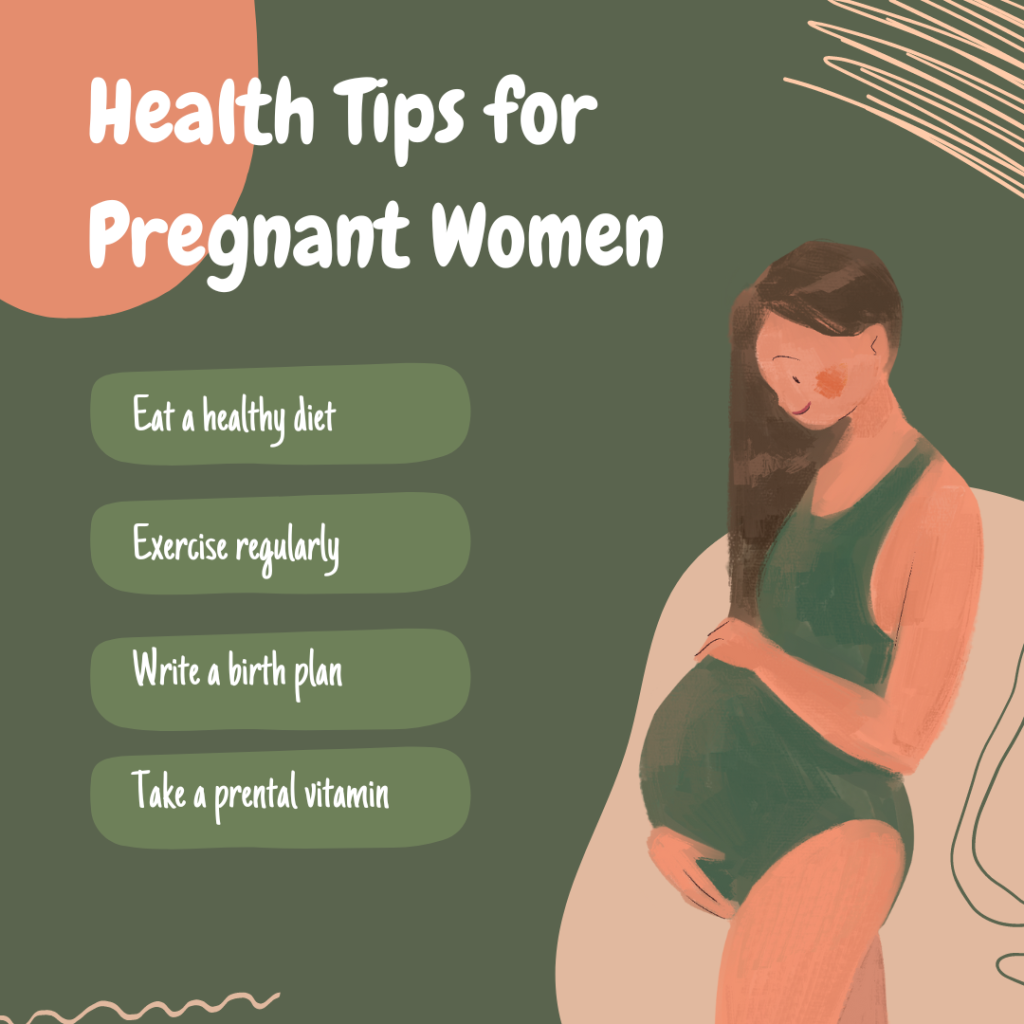Feeding Two: How Gestational Diabetes Can Impact Your Hunger Levels
Are you experiencing unusual hunger levels during your pregnancy? Gestational diabetes could be the culprit. This condition affects pregnant women and can have a significant impact on their hunger levels.
In this article, we will explore the connection between gestational diabetes and increased hunger, and provide insights on how to manage it effectively.
From understanding the role of insulin in regulating hunger to exploring the impact of blood sugar levels on appetite, we will delve into the science behind these cravings.
We will also discuss the importance of maintaining a balanced diet, incorporating regular exercise, and seeking medical advice to manage gestational diabetes and its associated hunger.
Whether you are currently dealing with gestational diabetes or simply curious about the topic, this article will equip you with the knowledge to navigate this unique aspect of pregnancy with confidence.
Join us as we unravel the mysteries of gestational diabetes and its impact on hunger levels.
Related Articles
What can a diabetic eat at Chipotle?
Why Am I Always Hungry With Gestational Diabetes?
You are always hungry because of the excess glucose in the blood. Elevated glucose in the blood leads to hunger.
Gestational diabetes is a form of diabetes that occurs during pregnancy. It is characterized by high blood sugar levels that can impact various aspects of a woman’s health, including hunger levels.
When blood sugar levels are elevated, it can lead to increased hunger as the body tries to compensate for the excess glucose in the bloodstream.
This can result in constant cravings and a feeling of never being satisfied, even after eating a meal.
The hormonal changes that occur during pregnancy can also contribute to increased hunger levels.
Insulin, a hormone produced by the pancreas, plays a crucial role in regulating blood sugar levels.
In gestational diabetes, the body may not be able to produce enough insulin or use it effectively, leading to imbalances in blood sugar levels and subsequent hunger pangs.
Understanding the underlying mechanisms behind these hunger levels is essential for effectively managing gestational diabetes.

Factors That Can Impact Hunger Levels
While gestational diabetes is a primary factor contributing to increased hunger levels during pregnancy, there are other factors that can also influence appetite.
For instance, hormonal fluctuations can cause a woman’s appetite to fluctuate throughout the day.
Additionally, stress, lack of sleep, and emotional factors can all play a role in altering hunger levels.
It is important to note that every woman’s experience with gestational diabetes and hunger levels may differ.
Some women may experience mild hunger pangs, while others may have intense cravings that are difficult to resist. It is crucial to listen to your body and work closely with your healthcare provider to develop a plan that effectively manages both gestational diabetes and hunger.
The Role of Blood Sugar Levels in Hunger
Blood sugar levels play a significant role in regulating hunger and satiety.
When blood sugar levels drop, it signals to the brain that it’s time to eat and triggers hunger.
On the other hand, when blood sugar levels are high, it signals to the brain that the body has received adequate nourishment and suppresses hunger.
In gestational diabetes, the body’s ability to regulate blood sugar levels is compromised, leading to fluctuations that can impact hunger levels. It is essential to maintain stable blood sugar levels throughout the day to avoid excessive hunger and prevent complications associated with gestational diabetes.
Managing Hunger Levels With a Gestational Diabetes Diet
One of the most effective ways to manage hunger levels in gestational diabetes is by following a well-balanced diet. A gestational diabetes diet focuses on controlling blood sugar levels while providing essential nutrients for both the mother and the baby.
The diet typically includes a balance of carbohydrates, proteins, and healthy fats. Complex carbohydrates, such as whole grains, fruits, and vegetables, are preferred over simple carbohydrates, as they are digested more slowly and have a lesser impact on blood sugar levels.
Proteins, found in lean meats, poultry, fish, and legumes, help stabilize blood sugar levels and promote feelings of fullness.
Healthy fats, such as avocados, nuts, and olive oil, provide essential nutrients and help regulate blood sugar levels.
Recommended Foods to Satisfy Hunger Without Spiking Blood Sugar
When managing hunger levels in gestational diabetes, it is important to choose foods that satisfy cravings without causing a rapid rise in blood sugar levels. Some recommended options include:
1. Fiber-rich foods: Incorporating high-fiber foods, such as whole grains, fruits, and vegetables, can help promote feelings of fullness and stabilize blood sugar levels.
2. Protein-rich foods: Including lean meats, eggs, tofu, and legumes in your diet can help regulate blood sugar levels and keep you feeling satisfied for longer periods.
3. Healthy fats: Opting for foods rich in healthy fats, such as avocados, nuts, and seeds, can help curb hunger and provide essential nutrients.
By incorporating these foods into your diet, you can satisfy your hunger while maintaining stable blood sugar levels.

Meal Planning Tips for Managing Hunger With Gestational Diabetes
Meal planning is a valuable tool for managing hunger levels in gestational diabetes.
By preparing meals in advance and ensuring a balance of nutrients, you can prevent blood sugar spikes and keep hunger at bay. Here are some meal planning tips to consider:
1. Plan your meals and snacks: Plan your meals and snacks ahead of time, ensuring a balance of carbohydrates, proteins, and healthy fats.
2. Space out your meals: Aim to eat smaller, more frequent meals throughout the day to maintain stable blood sugar levels and prevent extreme hunger.
3. Monitor portion sizes: Keep portion sizes in check to avoid overeating and maintain a healthy weight during pregnancy.
4. Stay hydrated: Drinking an adequate amount of water can help curb cravings and keep you feeling full.
By following these meal planning tips, you can effectively manage hunger levels in gestational diabetes and maintain a healthy pregnancy.
Incorporating Physical Activity to Regulate Hunger and Blood Sugar
Regular physical activity plays a crucial role in managing gestational diabetes and hunger levels.
Exercise helps regulate blood sugar levels by improving insulin sensitivity and promoting the uptake of glucose by the muscles.
Additionally, physical activity can help reduce stress, improve mood, and increase energy levels.
When incorporating physical activity into your routine, it is important to consult with your healthcare provider to ensure it is safe for you and your baby.
Low-impact exercises, such as walking, swimming, and prenatal yoga, are generally safe and beneficial for pregnant women.
Aim for at least 30 minutes of moderate-intensity exercise most days of the week to regulate hunger levels and maintain overall health.
Seeking Support and Guidance For Managing Hunger With gestational diabetes
Managing hunger levels in gestational diabetes can be challenging, but you don’t have to do it alone. Seeking support and guidance from healthcare professionals, such as your obstetrician, dietitian, and diabetes educator, can make a significant difference in managing your hunger and overall well-being.
These professionals can provide personalized advice, meal plans, and strategies to help you effectively manage hunger levels while maintaining stable blood sugar levels. Additionally, connecting with other women who have experienced or are experiencing gestational diabetes can provide valuable support and insights.
Remember, managing gestational diabetes and hunger levels requires a holistic approach that takes into account your unique circumstances and needs. By seeking support and guidance, you can navigate this aspect of pregnancy with confidence and ensure the best possible outcomes for you and your baby.

Conclusion: Empowering yourself to manage hunger and gestational diabetes
Gestational diabetes and increased hunger can pose unique challenges for pregnant women. However, with the right knowledge and strategies, it is possible to effectively manage both. By understanding the role of insulin in regulating hunger, the impact of blood sugar levels on appetite, and the importance of maintaining a balanced diet and incorporating regular exercise, you can take control of your hunger levels and overall well-being.
Remember to consult with your healthcare provider for personalized advice and support throughout your pregnancy journey. By empowering yourself with knowledge and seeking the necessary support, you can navigate gestational diabetes and its impact on hunger levels with confidence. Remember, you are not alone, and there are resources available to help you through this journey.


